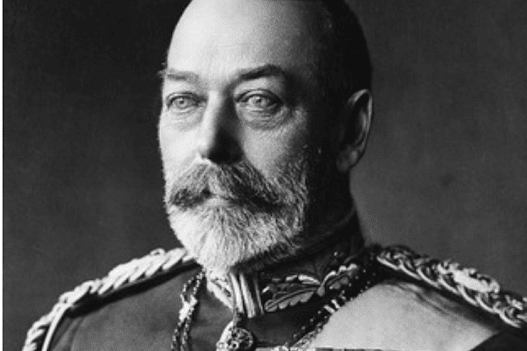On 20th January 1936, king George V, grandson of Queen Victoria and son of king Edward VII, died peacefully at his residence Sandringham House in Norfolk. George V had been ill with a respiratory infection for a few days and his death was widely expected in Britain. The king was watched over by his personal doctor, Dr. Bertrand Dawson (BD), the First Viscount of Penn, and his Irish nurse, Catherine Black.
George V's son Edward, playboy prince of Wales became king, Edward VIII. Apart from the press generated during the short, scandal-ridden reign of Nazi enthusiast Edward VIII, that was that. New era, new king, modernity, communist threat from the USSR, economic depression and the rise of herr Hitler in Germany were the main news generators of the day. But the story got a massive new twist in 1986, 50 years after the king's death, with the release of Dr. Bertrand Dawson's diaries.
As it turned out, George V did not just peacefully die of his illness. He was put to sleep by his doctor who wrote in his diary: "At about 11 o'clock I decided to determine the end and injected 3/4 grain of morphia and shortly afterwards 1 grain of cocaine into the king's distended jugular vein..." DB gave three reasons for his regicide: (1) king deserved to die in a "dignified manner"; (2) His family deserved this over the uncertainty of an anguished and prolonged death, and (3) if the king did not die before midnight, it wouldn't have been in time; his death would have missed The Times headline and would be reported first in "less appropriate evening journals." (more...)
The death of George V in 1936 and why it still matters

No comments:
Post a Comment